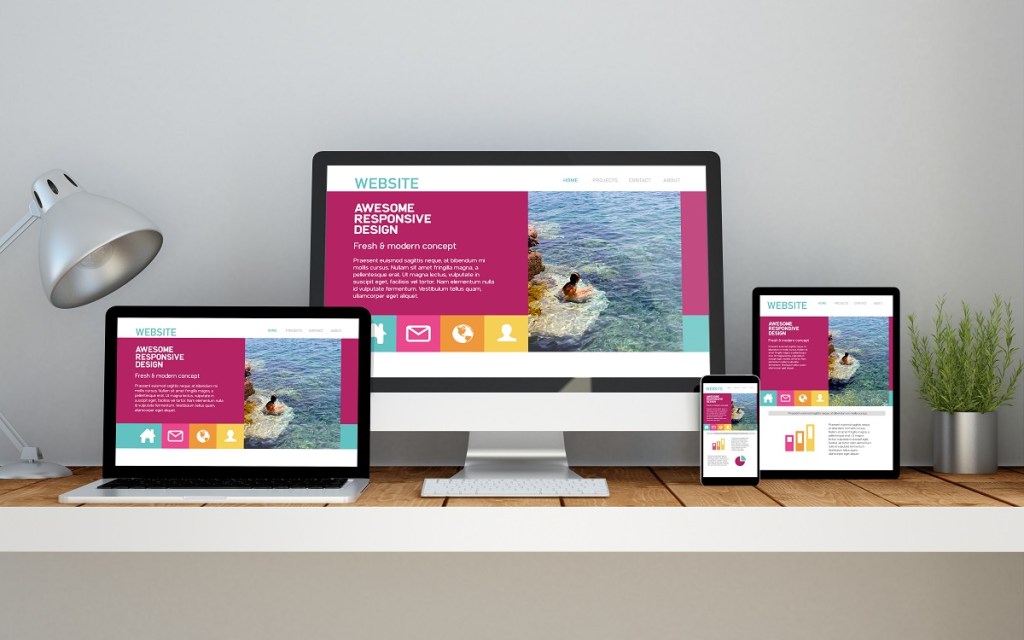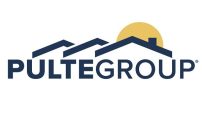As someone who has been helping construction industry professionals overhaul and optimize their marketing efforts for years, I’ve seen my fair share of crises come and go… but even I have to admit that I’ve never seen anything quite like this.
As I type this, there are nearly 1.8 million confirmed Coronavirus cases around the world – and that is one trend that unfortunately shows no signs of slowing down anytime soon. Most states have instituted “Stay at Home” orders and non-essential businesses were shuttered weeks ago. Naturally, everyone is worried about what this means for the United States economy… and whether another recession might be right around the corner.
Over the last few weeks, I’ve taken a number of calls from concerned business owners about that exact topic. These are hardworking men and women who have been riding the tide of the great economy and who now realize that, in the blink of an eye, a recession can hit and absolutely everything can go wrong.
Naturally, they are trying to find anything they can use to stay afloat and make it through to the other end of this thing. In my opinion, the answer to those concerns for any businesses out there – construction or otherwise – will ultimately come back to your marketing efforts…
… just not necessarily in the way you might think.
The Trouble With “Word-of-Mouth”
In my experience, far too many business owners are still running their businesses and generating business “the old-fashioned way” – through word-of-mouth. Now, to be clear, there’s absolutely nothing wrong with getting as many referrals as possible. In fact, I love referrals. They are something to be celebrated. Who doesn’t love it when one existing, satisfied customer brings two, three or even ten more along for the ride?
But the problem is that by its very nature, this is a far more reactive process than you can afford to deal with. Unless you’re coming right out and asking for referrals, you just have to sit back and “hope” they happen. There’s certainly very little room for you to be proactive about things, which creates a level of uncertainty for your business – and brings an uncomfortable amount of risk right along with it.
This is especially true during times of crisis (and COVID-19 would absolutely fall under that category), when word-of-mouth leads tend to slow down as the economy does the same. Getting enthusiastic referrals from loyal customers is something that really only happens when people have time to make those recommendations to those around them. When everyone – regardless of their status – is so focused on simply trying to make it through another day, they really aren’t going to be devoting a lot of their time or attention to recommending your business to their colleagues.
This is completely understandable, but it again underlines the trouble with relying on word-of-mouth alone. It almost certainly isn’t going to be “there” for you when you really need it.
So, while there’s nothing “wrong” with word-of-mouth, it shouldn’t represent the majority of your marketing efforts. It should be just one part of a well-designed marketing effort.
The Power of a Lead Generating Website and More
With a thoughtfully constructed, optimized website that was built from the ground up with lead generation in mind, on the other hand, these are suddenly the types of issues that you don’t have to worry about any longer.
With the right approach, your website is a lot more than just a virtual business card. It’s essentially the best type of employee – the one who never has to eat, sleep or take a vacation. The one who never calls in sick. But more than that, it’s also the one that is working hard to sell you and your services 24 hours a day, seven days a week, 365 days a year – regardless of what current events are captivating the entire world at the moment.
Those evergreen blog posts and white papers you wrote on important construction industry topics six months ago are still just as relevant as ever, even with COVID-19. You still have the content to offer a user exactly when he or she needs it. You still have opportunities to inspire loyalty and confidence, to build authority and to increase engagement that people who are still just relying on word-of-mouth do not.
The exact same thing is true of a marketing plan that was always designed to create as much visibility for your company as possible. The wheels of that marketing machine will have been in motion long before the current crisis (or even an event like a recession), and it will still generate its own momentum as all of this continues to play out. Sure, you can’t necessarily expect to achieve the same level of results as you could in a period before so many people were worried about whether or not they were going to go out of business… but you’re still in a far, far better position than you otherwise would have been in had you waited for a crisis to hit to only then react to it.
I recently looked at a few of my customers’ websites to see how they are fairing during this pandemic. What I see across the board is their websites are generating about half of the leads they were pre-pandemic. Important to note, they are still generating leads.
The key thing to understand about all of this is that a lead generating website and a marketing plan that creates as much visibility as possible aren’t possible to build overnight. Both of these things take time, care and consideration to get right. They also need time to “ramp up”, so to speak, so that you can start generating those leads in a reliable and predictable way.
That’s why I’ve always believed that the best time to implement these new efforts (or to double down on your existing ones) is when your firm is busy. That way, you have the funds available to make the right investment in marketing at exactly the right moment. Make absolutely no mistake about it – there are a lot of companies out there who wish they had the foresight to make that investment six months ago, or a year ago, or longer.
In the end, just remember that recessions come and go and the economy will always have its ups and downs. Everyone is struggling together, but those companies that will make it through to the other side – and that may even come out all the better for it – are the ones that had the rock-solid foundation from which to build from already in place ahead of time.
You can’t expect to hurricane-proof your house when that next Category Five is just a few miles offshore. But if you had taken those steps prior to the formation of that storm, you would certainly be in a much different (and much better) situation when it finally arrives.



